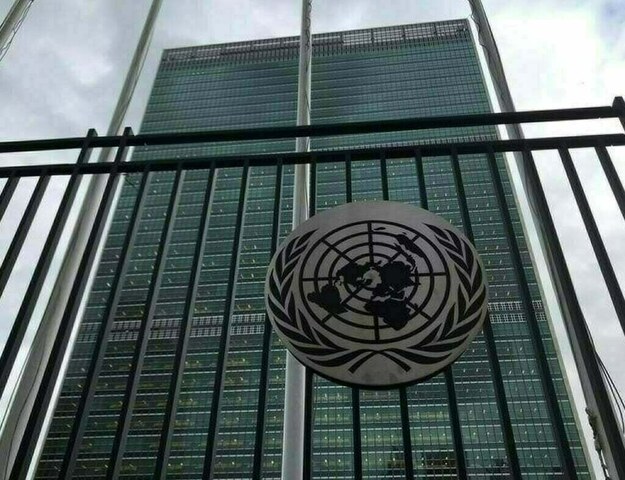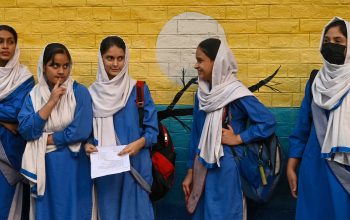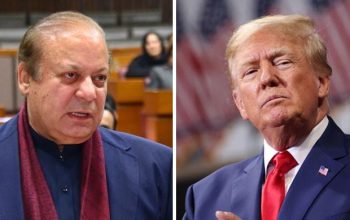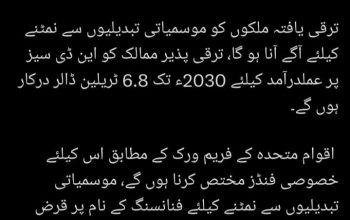ISLAMABAD: Pakistan has urged the United Nations to adopt urgent measures to strengthen the safety of peacekeepers, emphasising the heightened risks they face in increasingly hostile environments worldwide. Speaking to the General Assembly’s Fourth Committee, responsible for political and decolonisation matters, Ansar Hussain Shah, Pakistan’s delegate and First Secretary at the UN, highlighted the need for immediate advancements in peacekeeper security.
“With the rapid evolution of technology and emerging threats, ensuring the safety of UN peacekeepers must become a top priority,” Shah asserted.
He expressed concern over recent incidents involving the United Nations Interim Force in Lebanon (UNIFIL) along the “Blue Line” separating Lebanon and Israel, where peacekeepers have encountered intensifying hostilities.
Condemning these attacks, particularly those attributed to Israeli actions, Shah called for accountability and demanded thorough investigations. Marking the seventy-sixth anniversary of UN peacekeeping operations, he recognised peacekeeping as a “UN success story” and stressed the need for enhanced measures to protect these personnel.
Pakistan is among the largest contributors to UN peacekeeping efforts, having deployed over 230,000 personnel across 47 missions. The country has also hosted one of the earliest peacekeeping operations, the United Nations Military Observer Group in India and Pakistan (UNMOGIP), which monitors the Line of Control in the disputed Jammu and Kashmir region.
This past week, Pakistan hosted the 28th Annual Conference of the International Association of Peacekeeping Training Centres (IAPTC) at the Centre for International Peace and Stability (CIPS) in Islamabad. CIPS provides specialised training courses for UN peacekeepers, equipping them to face today’s security challenges.
Shah emphasised the need for modernisation in peacekeeping operations, proposing increased capabilities such as Quick Response Units, IED-proof vehicles, UAVs (unmanned aerial vehicles), and enhanced intelligence systems. He also underscored the importance of mission-specific training and urged that any attacks on UN personnel be met with swift and decisive investigations to hold perpetrators accountable.
In addition, Shah advocated for a comprehensive “political strategy” for peacekeeping missions, aiming to address underlying causes of conflicts. He highlighted the importance of providing timely resources, realistic mandates, and unified support from the Security Council and peace-contributing nations.
Recognising the growing need for peace enforcement, particularly in Africa, Shah proposed building regional capacities for conflict prevention, cross-border security, resource protection, and interstate cooperation.
He affirmed Pakistan’s commitment to supporting such capacity-building efforts as part of the global peacekeeping mission.
Copyright Business Recorder, 2024
Read the full story at the Business Recorder - Latest News website.



